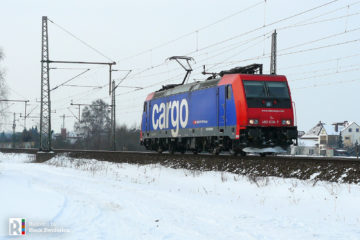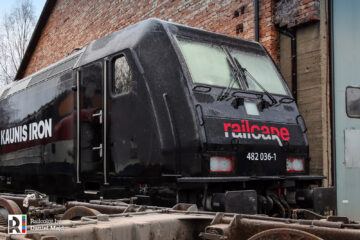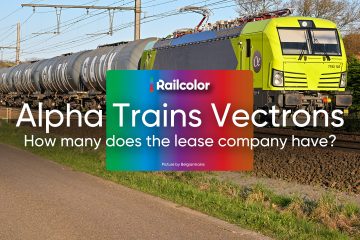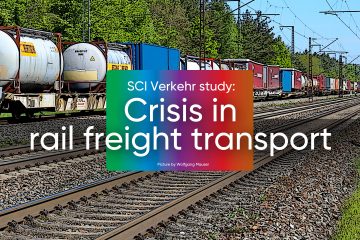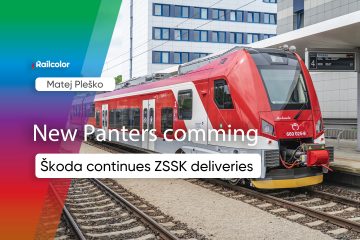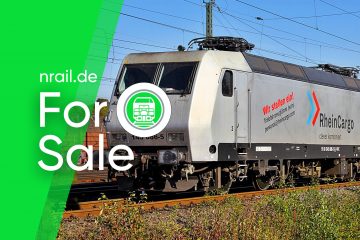In 2018 the Swiss railways (SBB) made clear they were looking for a strong partner for its daughter company SBB Cargo to strengthen its financial position and make it profitable again. SBB was willing to sell between 10 and 49 percent of its shares. On 30.08.2019 ‘Swiss Combi’ was presented as the new private partner of SBB Cargo.
Four private companies have joined their forces and formed ‘Swiss Combi’. For an undisclosed amount, they are willing to take over 35% of the shares in SBB Cargo. Now the authorities have to approve the plan, and a final verdict is expected to be announced in the first quester of 2020. When the deal is sealed the situation will be as follows:
- SBB remains majority shareholder with 65%
- Swiss Combi will own 35% – with four companies participating:
- Planzer Holding AG (40%);
- Camion Transport AG (40%);
- Bertschi AG (10%);
- Galliker Holding AG (10%).
Convinced by the business model of rail freight, Swiss Combi will make sure SBB Cargo will continue to serve all its existing customers. But of course, the new shareholders are eager to attract new customers and increase the utilization of SBB Cargo’s trains while improving reliability and efficiency.

Important is the shift from road to rail, as well as the more sustainable utilization of the SBB Cargo’s wagonload traffic network. It should increase the competitiveness of rail in the total logistics chain. Rail and road transport will be combined more intensively and used according to their strengths. Rail transport for long(er) haul services, the finer distribution can be done by road. According to SBB, the knowledge of the new partner about transport and warehouse logistics will help to convert its potential into better services, for example in the field of transport in densely populated areas and door-to-door logistics.
SBB Cargo International
SBB Cargo’s international daughter company (25% owned by Hupac) is not part of the deal. It will be taken out of SBB Cargo’s organization and placed directly under SBB (75%).
No additional job cuts
SBB states that the partnership will not result in more jobs being cut. Currently, SBB Cargo is being restructured, drastic measures are being taken to make the company ready for the future.
There is a strong – political – will to maintain this type of rail freight as an essential part of the country’s transport mix, but it requires structural changes to maintain its relevance in the near future. Until 2023, SBB Cargo is reassessing 170 of 344 transport hubs in its wagonload network, in close cooperation with its customers.
Over 2017 SBB Cargo’s results were negative; while international traffic grew, systematic wagon load traffic remained more or less stable (-0.8%), the volume of incidental wagon loads dropped with another 14.5%. Wagonload traffic in Switzerland lost around one-third of its volume since 2011. An even more systematic way of working – this has been a focus for several years now – and more automatization should increase the efficiency of the network and result in positive figures as of 2020.
In social media:
Livestream der heutigen Medienkonferenz zur Partnerschaft mit Swiss Combi AG: https://t.co/V44hbwkti8 @AndreasMeyer /Im pic.twitter.com/kQZoSPlvu5
— SBBCargo (@SBBCargo) August 30, 2019


